14 March 2011: As each news bulletin emerges on the continuing crisis in Ivory Coast, the greater the concern for the future of this once stable and potentially prosperous West African nation. The United Nations High Commissioner for Refugees (UNHCR) has reported that more than 450,000 people have fled their homes because of increasing violence in the country. It appears that the attention of the international community is currently drawn to North Africa and the crisis in Libya while Ivory Coast continues to descend closer and closer to outright civil war.
The presidential incumbent Laurent Gbagbo is continuing in his rejection of the outcome of the elections at the end of last year and has now banned UN and French flights from flying over the territory he controls. He is also refusing all efforts at mediation by the African Union (AU), including power-sharing proposals, and has sent envoys to AU-sponsored meetings rather than attending himself.
Meanwhile, Alassane Ouattara, widely recognised as the winner of last year’s presidential elections, has attended various AU meetings and is calling on other African nations to take military action against his rival. Former rebel forces who support Mr Ouattara still control the north, while most of the army remains loyal to Mr Gbagbo. Last year’s long-delayed elections had been supposed to reunify the country – once the richest in West Africa – which has been divided since a 2002 civil war.
Independent and international media reports indicate a level of destruction and anarchy in the country which defies description. With the imposition of trade sanctions, as well as action taken by Mr Gbagbo such as closing various commercial banks, along with daily violence throughout the country, the impact on employment and society has been devastating. People are without jobs and have lost businesses. The ports are desolate as almost nothing is being shipped anymore in or out of the country.
There are reports of attacks on mosques in a country that is almost half Muslim and Christian and where these religious groups lived peacefully together before the election results. Unemployed youths are being used as soldiers in the conflict in ways similar to other conflicts around the world and authority has lost all reason. And the population’s fears are raised even further as pro-Outtara forces in the north begin to move towards the south. The situation has escalated out of control when security forces use live ammunition to quash peaceful protests and innocent citizens are killed.
Ivory Coast is the world’s largest producer of cocoa and the impact of the conflict on this industry has already begun to bite as sanctions are put in place. There are stocks of cocoa beans being held outside of Ivory Coast following the harvests of 2010 but there is uncertainty over the harvests of 2011 and the longer term future is bleak. This will affect farmers and their families across the country, many of whom are fleeing the violence. What will this mean for the cocoa industry in the long-term? No-one seems to know and inevitably it will have an inflationary outcome on the cost of cocoa beans and force food prices up even further at a time when they are already too high and the cause of significant social unrest around the world.
One possibility on this challenge that may be considered by the UN Security Council is to set up an escrow account for cocoa revenues. However, such a mechanism would take some time to set in place and it would require strong backing of the Council and no vetoes which is not a certainty. It remains to be seen what the outcome of these behind-the-scenes discussions will be, but it will take time and significant consideration.
The outcome of the situation in Ivory Coast will also impact on development programmes, such as those of the International Cocoa Initiative and the International Labour Organization (ILO). Programmes which targeted child labour, child protection, education and community development in cocoa-farming communities. “The long-term impact of this conflict is tragic”, said Global March Chairperson Kailash Satyarthi. “As always, conflict hits the poorest, most vulnerable and marginalised in society the hardest. It is poignant that the situation in Ivory Coast should worsen at the time of the publication of the Global Monitoring Report on education in times of conflict and post-conflict. The children will suffer the most, wrenched from their homes and forced to flee with no clear destination and an uncertain future. We urge the international community and the African Union to take strong and decisive action to ensure a rapid and peaceful solution to the conflict, to help the people of Ivory Coast to rebuild their country as it was before and to give their children hope for their future.”
